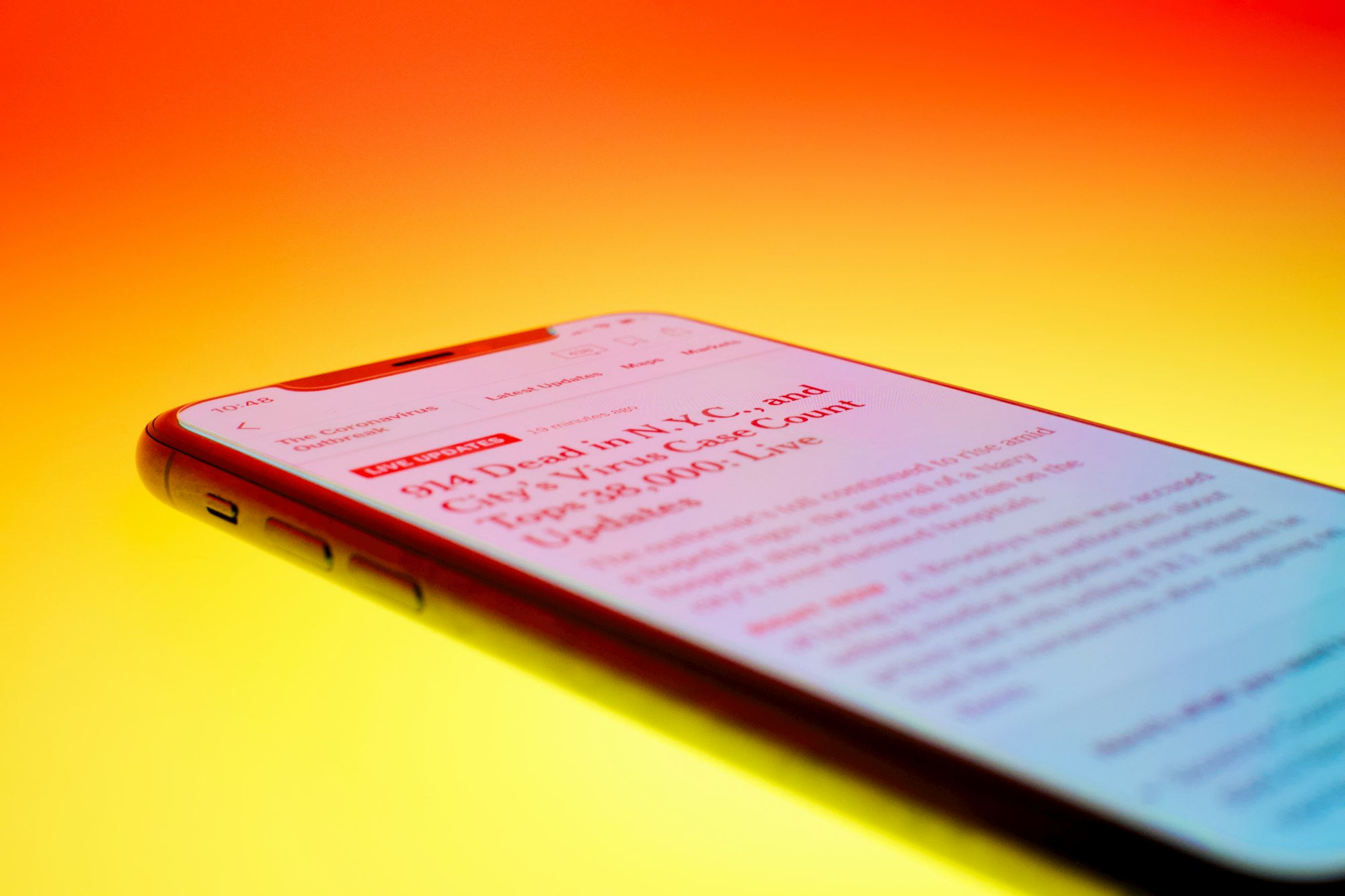The Recent Failings of A.I.
Some snafus we’ve seen so far in the tech industry’s race to incorporate A.I. to everything. A reminder why A.I. is fallible.

I mentioned in my most recent podcast how A.I. (Artificial Intelligence) can be a somewhat useful tool for folks to generate new ideas and help fill in the blanks a little when they run into some sort of creative block. But… I also mentioned how A.I. and the over-reliance on it can also jeopardize your output as a creative, or even ruin a business that plans to use it to help automate some of their processes and workflows.
I wanted to revisit that fact by highlighting some of the most recent failures we’ve seen so far from an over-reliance on A.I. Here are three of the most recent events I’ve found of artificial intelligence not living up to the hype.
Google Gemini’s Refusal to Portray Accurate Historical Figures

Google had to issue an apology recently for the recent behavior of their new A.I. program, Gemini (formerly known as Bard), and its biased ethics. While there is absolutely nothing wrong with diversity and improved representation of minority groups, especially with media and entertainment; misrepresenting historical and political figures leads to introducing a different prejudice and dialogue that is not beneficial or ideal for general equality. Invoking outrage and fueling arguments that our current culture is over-correcting decades of society inequality is something that we do not want while we’re still experiencing the aftershocks of Trump’s presidential term.
As it stands now, Gemini’s current learning algorithms do not cater to human sensibilities while also ensuring its not abused by third-parties looking to scandalize real life people. With how large these databases are which A.I. algorithms learn from, it will probably take a long time to sift through what is appropriate and what is not for output before the technology’s reliable, without human intervention. We’ll likely see what lies in store for Google Gemini soon.
“We Have Willy Wonka at Home,” / Willy Wonka at Home
Police were called to an 'immersive' Willy Wonka Experience after families showed up to an 'empty warehouse'
— Culture Crave 🍿 (@CultureCrave) February 27, 2024
The event reportedly charged $40 for entry, advertised with AI art, and said it would be a 'journey filled with wondrous creations and enchanting surprises at every… pic.twitter.com/udz8KeWVxQ
Reported by @CultureCrave
Talk about an epic fail. A recent Willy Wonka-themed event, “Willy’s Chocolate Experience”, which took place in Glasgow, turned out to be a nightmarish experience for families that paid £35 (about $45) to attend. Willy’s Chocolate Experience’s advertised as an immersive experience that promised to create lasting memories for children and their parents alike.
Well, it certainly delivered its promise in perhaps the worst possible ways. Attendees arrived at a sparsely decorated warehouse with actors in horrid costumes, not at all representative of the A.I. generated images that were used in online advertising.
Much like the art that was used to promote the event, it turned out the writing for the event was A.I. generated too. One actor spoke out on Twitter (X) about the terrible script he received before the event, describing it as “Fifteen pages worth of A.I. generated garbage” that he was supposed to make work.
Willy Wonka actor speaks on the event
— Culture Crave 🍿 (@CultureCrave) February 28, 2024
🎥 paulconnellcomedy | TikTok pic.twitter.com/deMUw2d2nB
paulconnelcomedy | TikTok - Speaks on his experience working at the Chocolate Experience
Just like Dashcon, memories created were for all the wrong reasons. Unlike Dashcon, we should have expected the worst when much of the promotional material for Willy’s Chocolate Experience comprised nightmarish images generated by A.I., which should have screamed that there was no money for an event like this to begin with. Lessons definitely learned from the ‘Chocolate Experience’.
BuzzFeed’s Fall from Grace

Remember when BuzzFeed first announced how it was going to shift from human employees to A.I. for their content? It’s been a couple of years since they made this announcement, and I have been curious to see how they have been doing since then.
Not well, apparently. Once a success story, BuzzFeed has become a chronicle of poor choices and maneuvers to preserve their business - the heavy reliance on A.I. being among those poor choices. Back in 2023, after the announcement, we’ve seen investor stocks drop from $4 per share down to a fraction of what they were worth, as the quality of this generated content was worse compared to human-written articles.
Where is the company now in 2024? Apparently in massive debt. Its last quarterly report showed that Buzzfeed only had $42 million in reserve, while being dragged down by at least $33.8 million in other debts. Unfortunately, it seems like Buzzfeed has dug itself into a hole that it’s A.I. generated quizzes can’t get them out of.
I’ll be keeping an eye out for more outstanding stories of A.I. failings in the future. If you liked this story, be sure to subscribe to Penman Ventures to join our newsletter for all future content updates, and to be notified of new podcast episodes when released. Be sure to comment on any A.I. fails that came across your radar recently below.
Penman Ventures Newsletter
Join the newsletter to receive the latest updates in your inbox.




